C# SaaS Development: Crafting the Future - Scalable C# SaaS Development
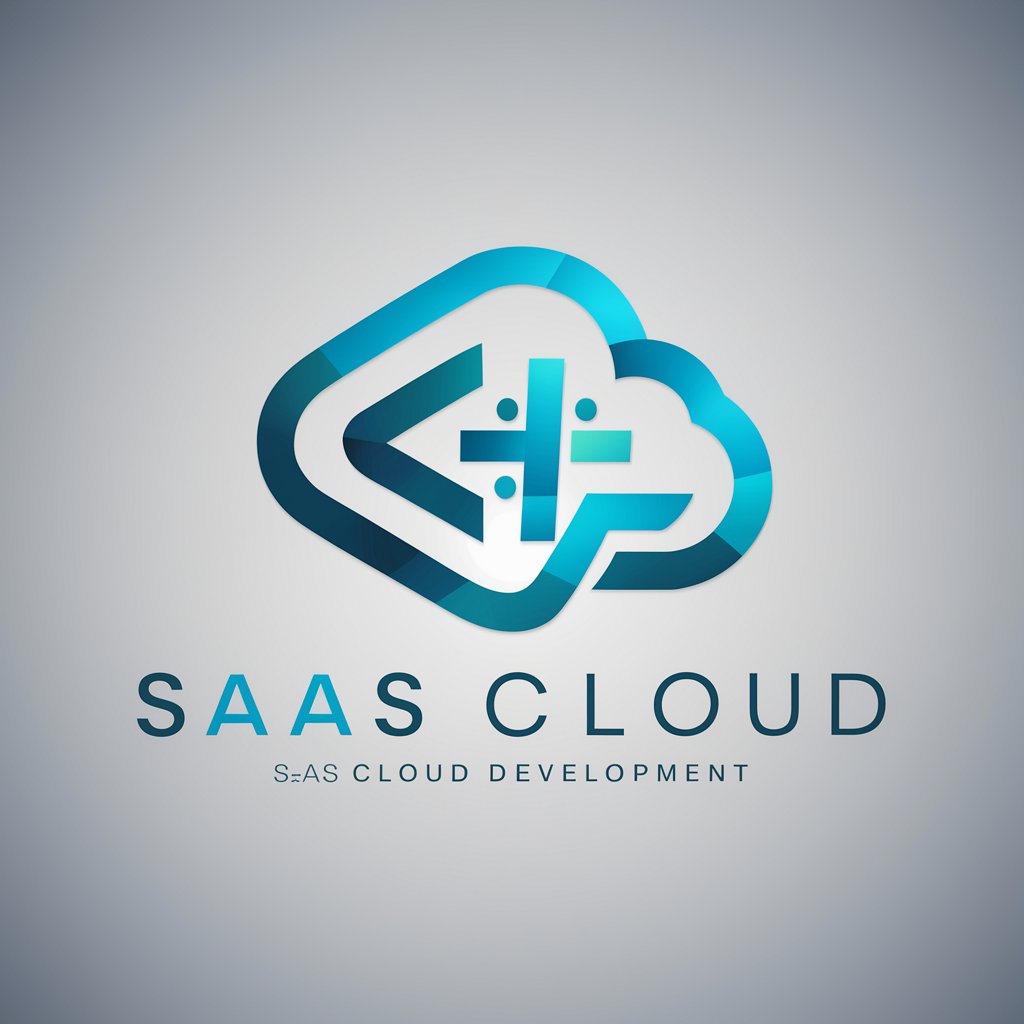
Welcome to your journey in building scalable SaaS solutions with C#.
Empower your SaaS with AI-driven C# development.
Design a scalable architecture for a SaaS product using C# that can handle millions of users.
Implement secure user authentication methods in a C# SaaS application.
Integrate third-party APIs to enhance the functionality of a C# SaaS platform.
Optimize the performance of a C# backend for a cloud-based SaaS product.
Get Embed Code
C# SaaS Development: Crafting the Future
C# SaaS Development: Crafting the Future is a specialized approach to building software as a service (SaaS) products using the C# programming language. This approach focuses on leveraging C#'s robust, scalable, and secure capabilities to design, develop, and deploy cloud-based applications. The design purpose centers around providing a framework for creating high-performance, scalable SaaS solutions that cater to a wide range of business needs, from small startups to large enterprises. By utilizing C#'s extensive libraries, frameworks such as ASP.NET for web development, and integration with Microsoft Azure for cloud services, this approach ensures the development of reliable, secure, and easily maintainable SaaS products. Examples include developing a cloud-based CRM system that integrates seamlessly with existing Microsoft products, or creating a scalable e-commerce platform with advanced data analytics capabilities. Powered by ChatGPT-4o。

Core Functions of C# SaaS Development
Scalability Solutions
Example
Implementing microservices architecture to ensure that the SaaS application can scale horizontally as the user base grows.
Scenario
A company launches a project management tool that rapidly gains popularity. To handle the increased load, the system utilizes microservices, allowing different components to be scaled independently according to demand.
Security Implementations
Example
Utilizing ASP.NET Core Identity for robust authentication and authorization, along with data encryption techniques to protect sensitive information.
Scenario
A health tech SaaS startup needs to ensure patient data is securely managed. The system uses ASP.NET Core Identity for secure login processes and encrypts patient data at rest and in transit, adhering to HIPAA regulations.
User Experience Optimization
Example
Developing responsive web applications using Blazor, providing a seamless user experience across desktop and mobile devices.
Scenario
An educational SaaS platform is developed using Blazor, allowing students to access learning materials conveniently from any device without compromising on the interactive elements of the application.
Integration with Cloud Services
Example
Leveraging Azure Functions for serverless computing capabilities, enabling cost-effective scaling and integration with other Azure services.
Scenario
For a SaaS application offering real-time analytics, Azure Functions are used to process data streams efficiently. This setup allows for a pay-per-use model, reducing operational costs while providing high availability.
Continuous Integration and Deployment
Example
Setting up CI/CD pipelines using Azure DevOps, facilitating automatic testing and deployment with minimal downtime.
Scenario
A fintech SaaS company implements CI/CD pipelines to ensure new features and updates are deployed smoothly and reliably, with automated tests reducing the risk of introducing bugs to production.
Ideal Users of C# SaaS Development Services
Startups and SMEs
Startups and small to medium-sized enterprises (SMEs) seeking to develop scalable, secure, and cost-effective cloud-based applications. These users benefit from the rapid development and deployment capabilities, allowing them to quickly bring innovative services to market.
Enterprise Clients
Large enterprises looking for robust SaaS solutions that integrate seamlessly with their existing infrastructure, especially those heavily invested in Microsoft technologies. These clients value the security, scalability, and maintainability that C# SaaS development provides.
Educational Institutions
Educational institutions aiming to develop e-learning platforms or student management systems. They benefit from the interactive and responsive design possibilities, as well as the integration with other Microsoft educational tools and platforms.
Healthcare Providers
Healthcare providers requiring secure, compliant, and scalable applications for patient management, telehealth services, and confidential data handling. The emphasis on security and compliance with regulations like HIPAA makes C# SaaS development ideal for this sector.

Using C# SaaS Development: Crafting the Future
Start Your Trial
Navigate to yeschat.ai to begin your free trial, accessible immediately without requiring login or a ChatGPT Plus subscription.
Explore Features
Familiarize yourself with the platform's capabilities by exploring the tutorials and documentation provided, focusing on project setup, API integrations, and user authentication.
Setup Your Project
Initiate your project by selecting the appropriate framework, database, and cloud services based on your application's needs and the scalability requirements.
Implement Security Measures
Implement industry-standard security practices, including data encryption and secure API access, to protect your application and user data.
Test and Iterate
Utilize unit tests and gather user feedback to continuously improve your application, ensuring it meets the needs of your target audience.
Try other advanced and practical GPTs
Middle-Earth Master
Craft Your Middle-Earth Saga

Customs Clearance Helper
Streamlining Customs with AI

🔧 CMake Multi-Language Manager
Automate and streamline multi-language project builds.
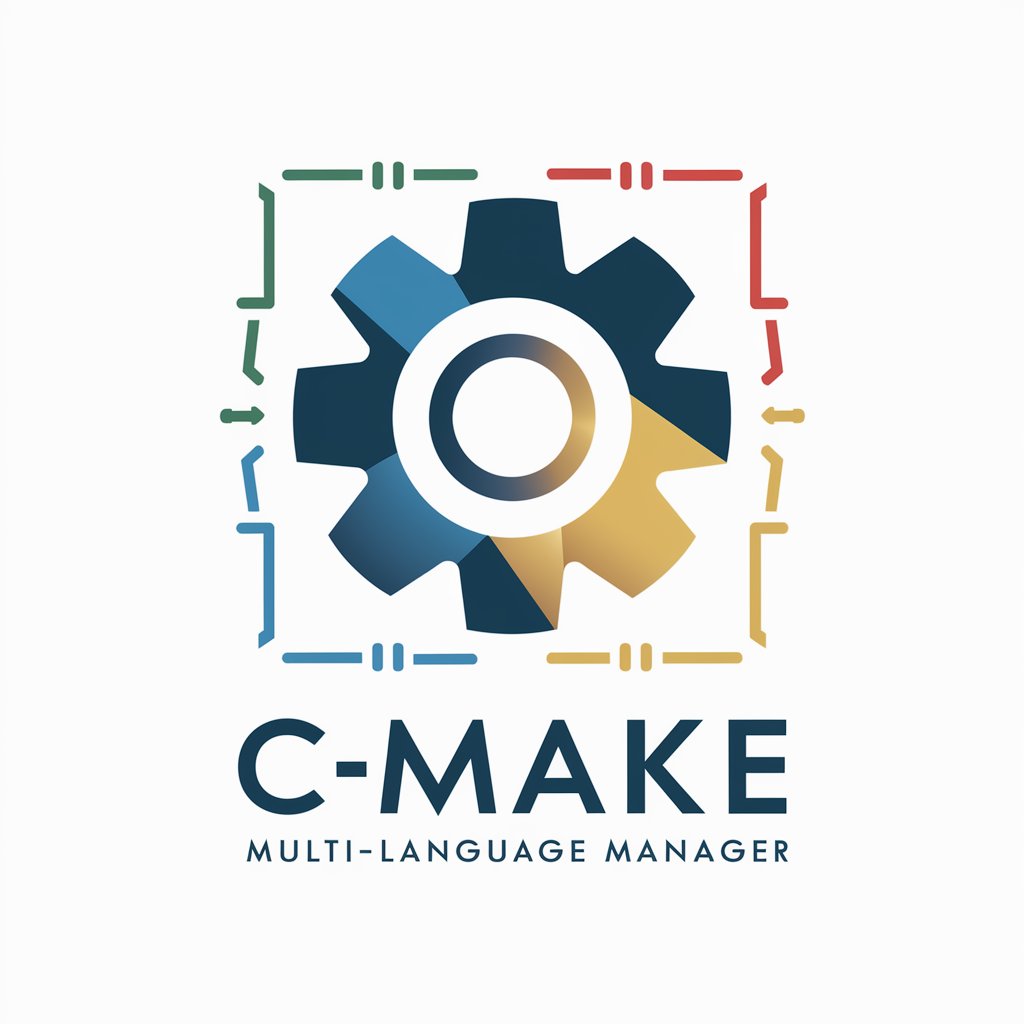
Market Guru
Empowering Your Investment Strategy with AI

AnKingGPT
Empower Your Medical Learning with AI
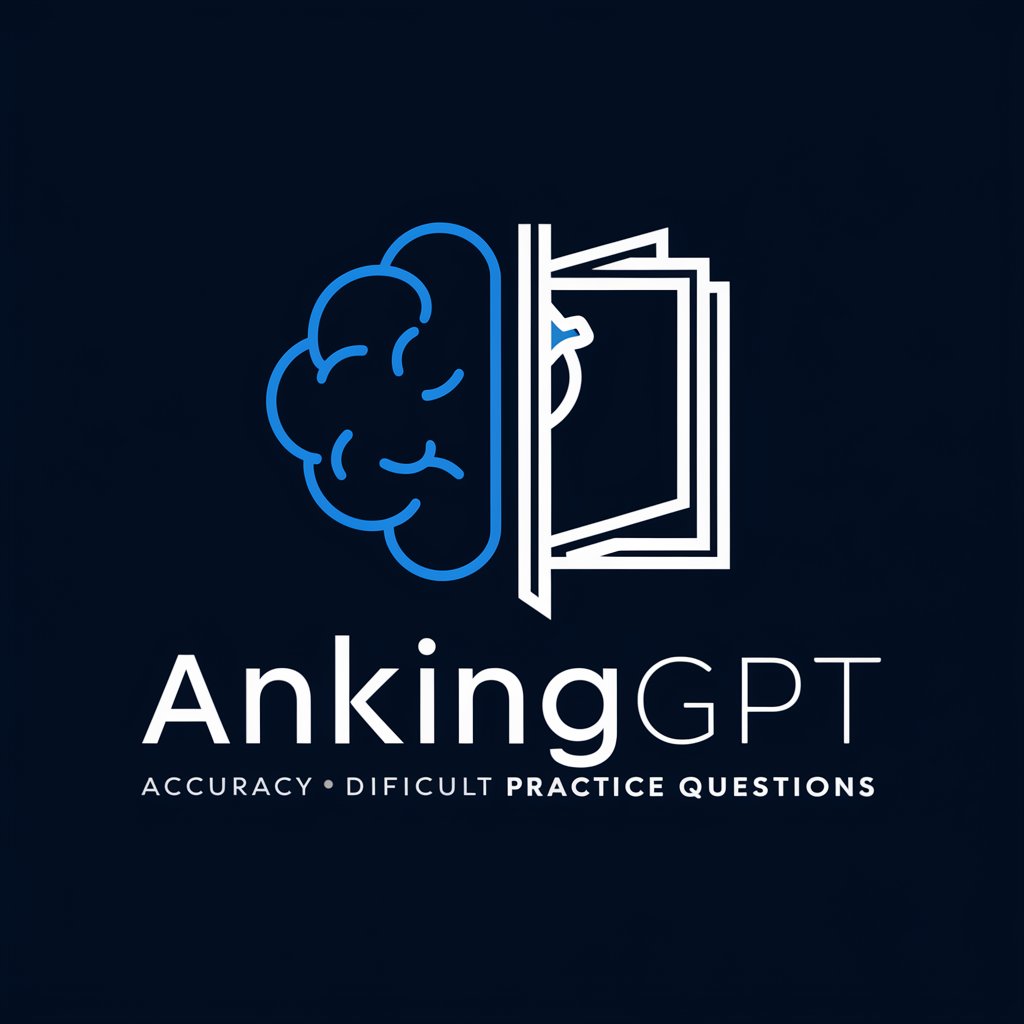
Futurist Insight
Envision Tomorrow, Today

Immigration and Visa Finder
Navigate visas with AI-powered precision

BAR❤️キャサリン
Crafting Unique Host Club Journeys with AI
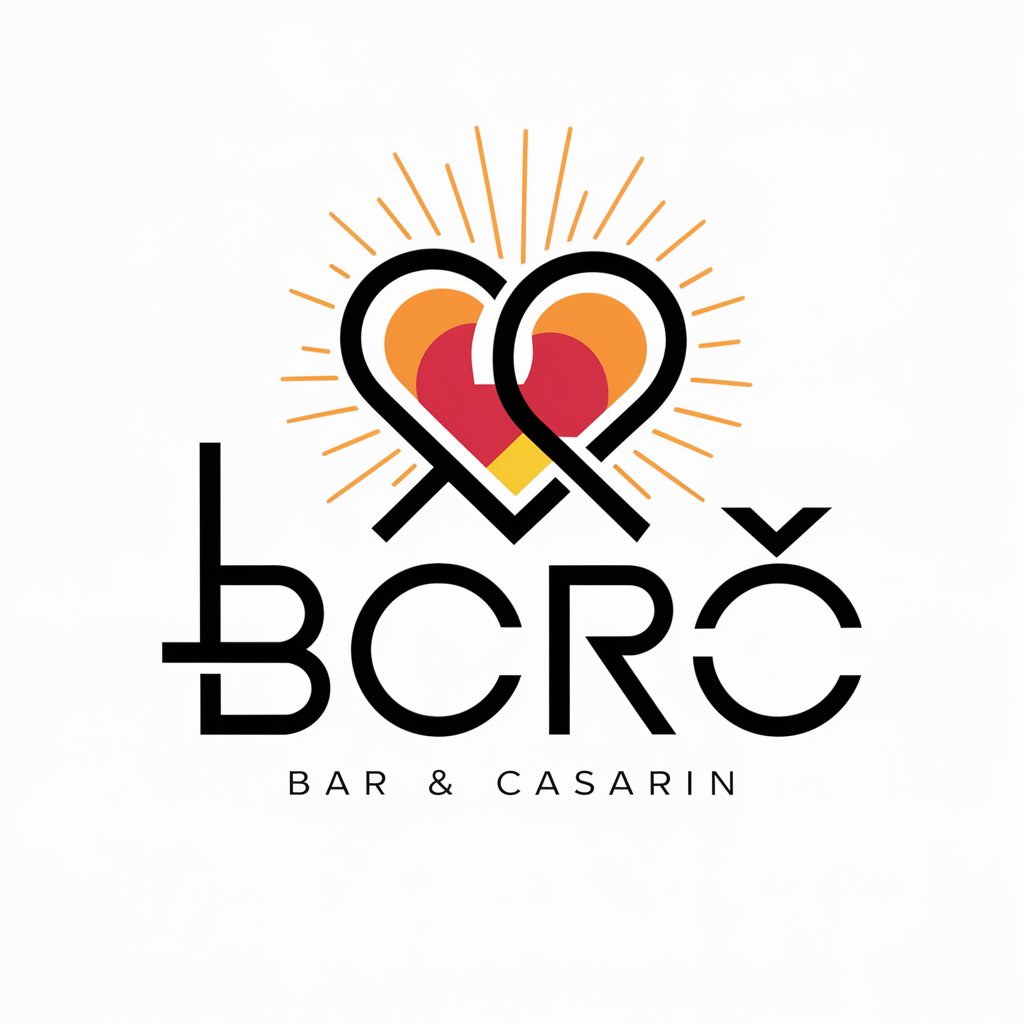
Eating In
AI-powered Personal Nutrition Guide

Terra Form Wizard
Empowering Infrastructure as Code with AI
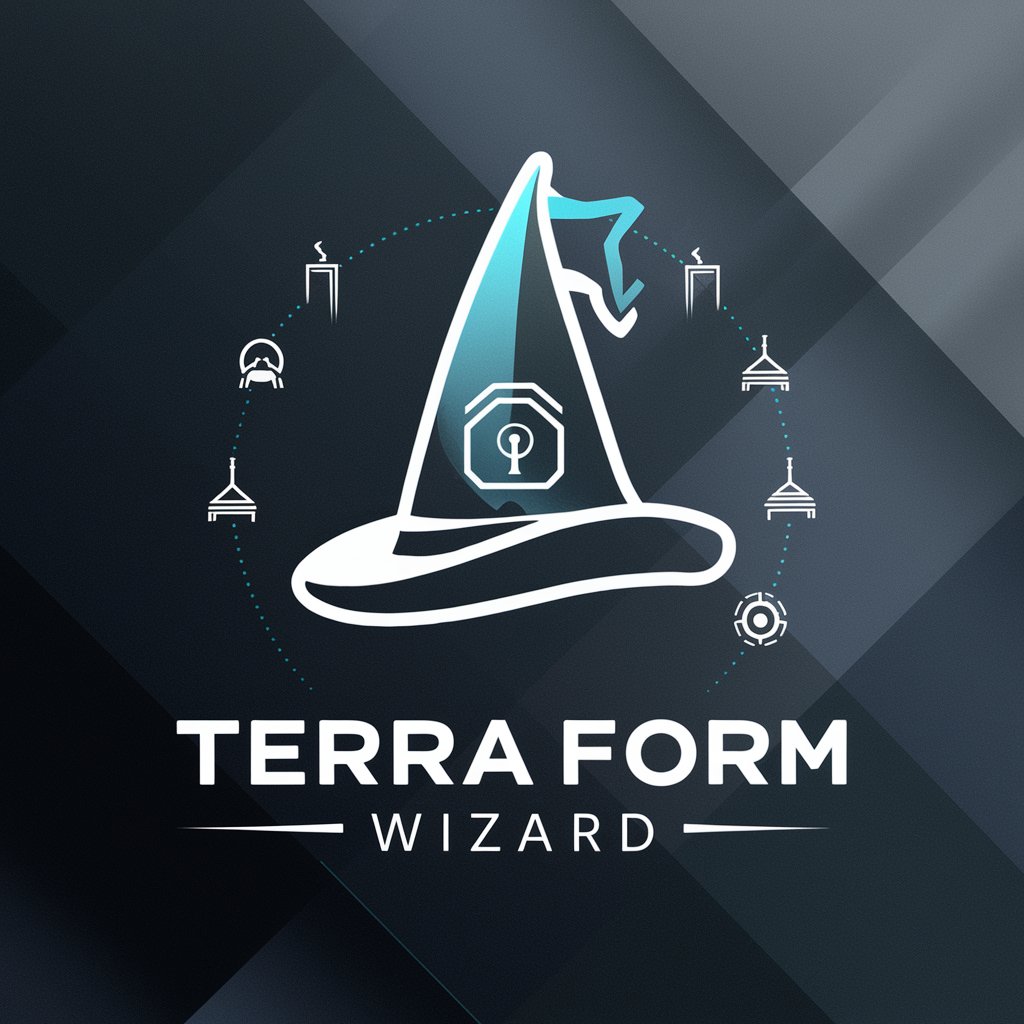
Eating Out
AI-powered Dining Enhancer

이러닝 교육기획서 작성하기
AI-driven e-learning planning and design

Q&A on C# SaaS Development: Crafting the Future
What frameworks are recommended for C# SaaS applications?
ASP.NET Core is highly recommended for its performance, scalability, and support for modern cloud-based applications. Blazor can also be used for interactive web UIs with C#.
How does this tool support scalability in SaaS applications?
The tool provides guidance on utilizing Azure or AWS cloud services effectively for scaling resources dynamically. It also includes best practices for implementing microservices architecture to enhance scalability.
Can you explain the security features available?
This tool emphasizes implementing OAuth and OpenID Connect for secure authentication, utilizing HTTPS for data encryption in transit, and guidance on secure storage solutions for data at rest.
What databases are best suited for C# SaaS applications?
SQL Server is highly integrated with C# for relational data. However, for more scalable, distributed applications, NoSQL databases like Cosmos DB or MongoDB are recommended.
How does the tool facilitate continuous integration and deployment?
It integrates with CI/CD tools like Jenkins, GitHub Actions, or Azure DevOps, providing templates and workflows for automated testing, building, and deployment processes.
